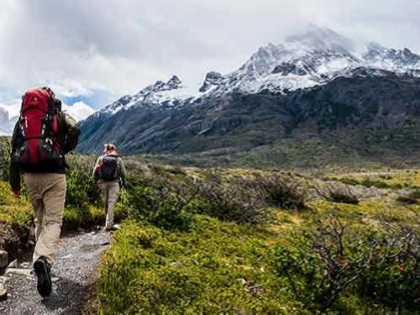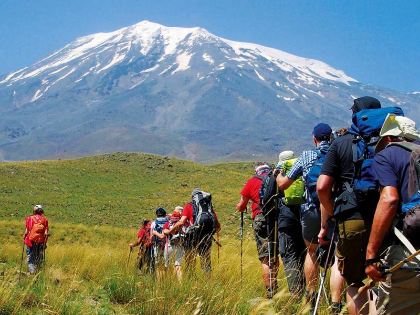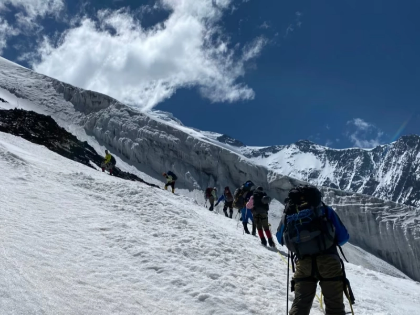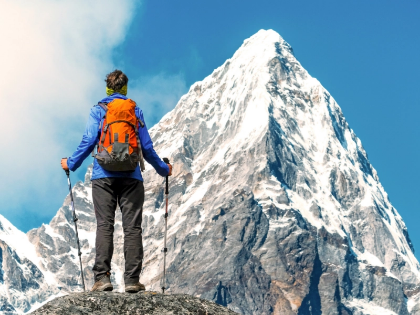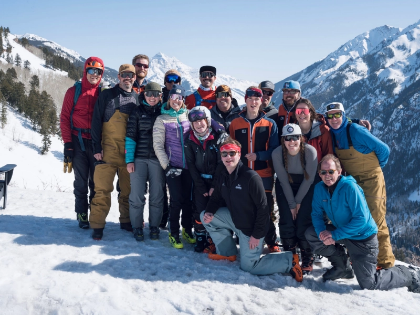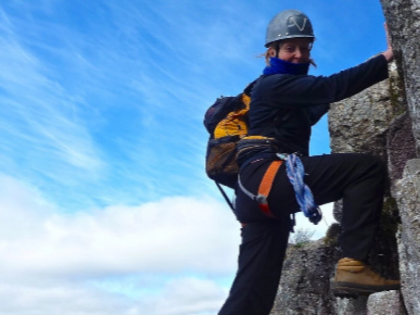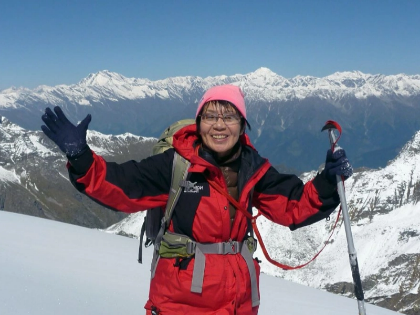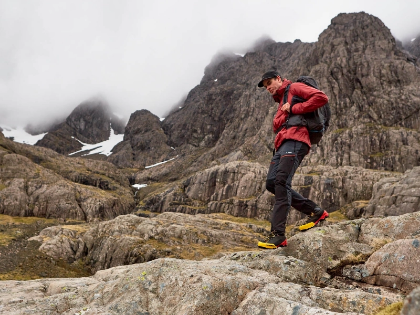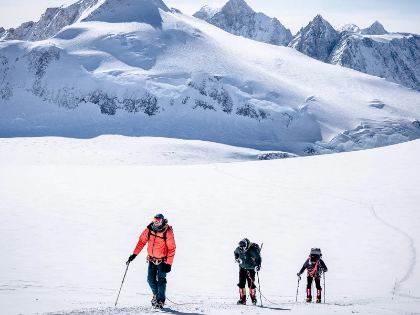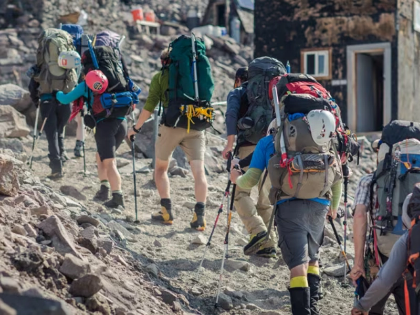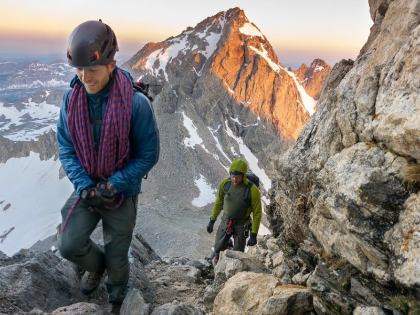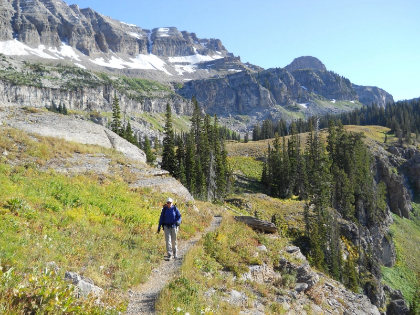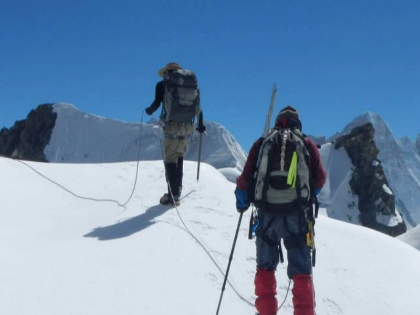The Challenges of Being a Mountaineer
A lot of people who are mountaineers first become passionate hikers. Hiking or mountaineering can be a significant step, particularly in terms of acquiring new abilities and using technical gear. While reaching a peak is an exciting experience, the journey there may be mentally taxing as you navigate challenging terrain and adjust to high altitudes. The difficulties you face while hiking can impart invaluable life lessons.
Material
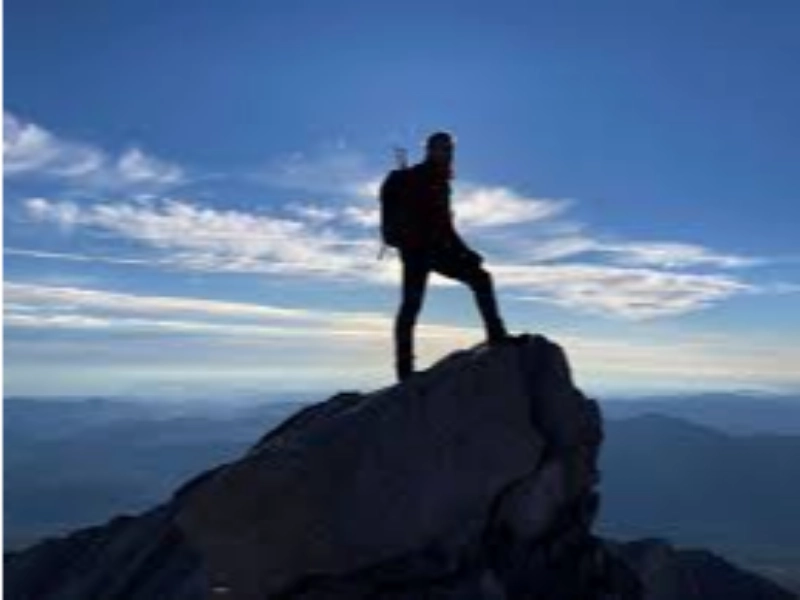
Insane
 A mountaineer's ability to understand the terrain and anticipate the myriad of issues that may occur is essential. A snowstorm, for instance, can transform a smooth glacier into a maze of fractures and jumbled ice, and avalanches, crevasses, and whiteouts complicate route finding.
Resilience and mental toughness are also essential for mountaineers. Mountaineers may use visualization exercises or positive self-talk to get over their fears. Additionally, they may keep a climbing notebook, which can help them recognize and diminish their anxieties.
A popular mountaineer's dream is to reach the top of a well-known peak, like Denali or Everest. However, the journey itself, not the goal, should be considered the true accomplishment of a climber. Every climber should select the mountain that holds personal significance for them and establish personal objectives, whether that is reaching a lesser-known peak or taking on a more challenging ascent. In this manner, everyone has a fulfilling experience from the excursion.
A mountaineer's ability to understand the terrain and anticipate the myriad of issues that may occur is essential. A snowstorm, for instance, can transform a smooth glacier into a maze of fractures and jumbled ice, and avalanches, crevasses, and whiteouts complicate route finding.
Resilience and mental toughness are also essential for mountaineers. Mountaineers may use visualization exercises or positive self-talk to get over their fears. Additionally, they may keep a climbing notebook, which can help them recognize and diminish their anxieties.
A popular mountaineer's dream is to reach the top of a well-known peak, like Denali or Everest. However, the journey itself, not the goal, should be considered the true accomplishment of a climber. Every climber should select the mountain that holds personal significance for them and establish personal objectives, whether that is reaching a lesser-known peak or taking on a more challenging ascent. In this manner, everyone has a fulfilling experience from the excursion.
Sensational
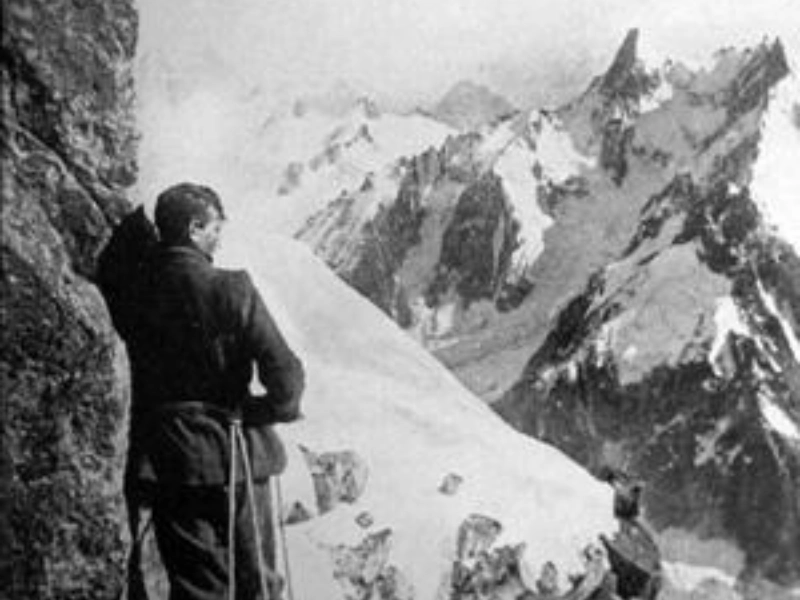 Being a climber means that you have to be ready for anything. Any number of injuries, including hypothermia, frostbite, falling into a crevasse, and cerebral oedema (a condition in which the pressure of high altitude causes your brain to press on your skull), can result in death from even the tiniest error. Long treks, challenging climbs, and numerous days spent holed up in a tent all contribute to the physical anguish.
Many people find mountaineering to be gratifying despite the risks involved. They take pleasure in the accomplishment, the rush of reaching a summit, and the time spent in nature. Because they can tolerate more frightening conditions and have lower anxiety levels, mountaineers find that mountaineering is a fun hobby. However, mountaineering can become hazardous, just like other compulsive hobbies. Climbers may become so engrossed in the thrill that they neglect their own well-being, take risks, and prioritize safety. Setting reasonable objectives for your climbing career is crucial, and you shouldn't get fixated on crossing summits off a list.
Being a climber means that you have to be ready for anything. Any number of injuries, including hypothermia, frostbite, falling into a crevasse, and cerebral oedema (a condition in which the pressure of high altitude causes your brain to press on your skull), can result in death from even the tiniest error. Long treks, challenging climbs, and numerous days spent holed up in a tent all contribute to the physical anguish.
Many people find mountaineering to be gratifying despite the risks involved. They take pleasure in the accomplishment, the rush of reaching a summit, and the time spent in nature. Because they can tolerate more frightening conditions and have lower anxiety levels, mountaineers find that mountaineering is a fun hobby. However, mountaineering can become hazardous, just like other compulsive hobbies. Climbers may become so engrossed in the thrill that they neglect their own well-being, take risks, and prioritize safety. Setting reasonable objectives for your climbing career is crucial, and you shouldn't get fixated on crossing summits off a list.
societal
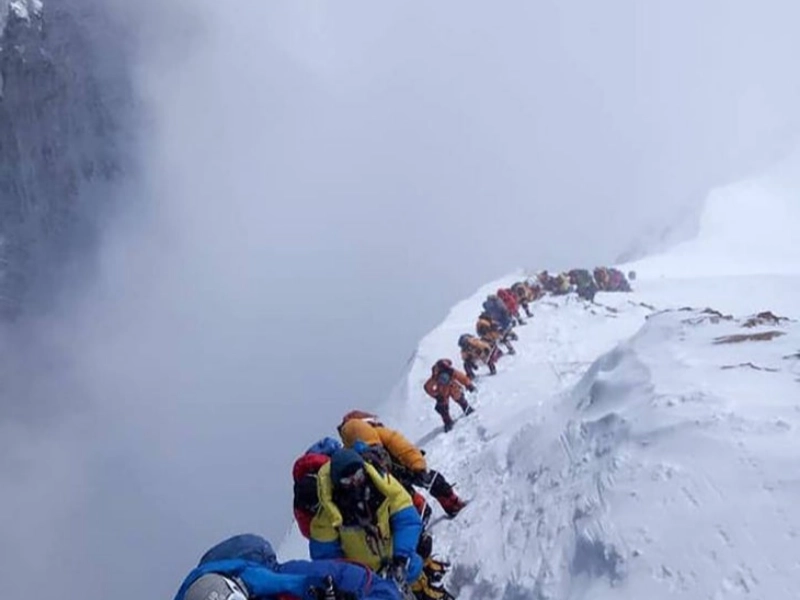 The capacity for collaborative effort is a prerequisite for success for mountaineers. In mountains, where there are many risks from avalanches, rock falls, and concealed crevasses, teamwork is especially important. A climber must also be able to use specific commands to verbally communicate with the other members of the team.
It's crucial for a novice mountaineer to establish productive working relationships with groups of people. You might need to ask for their assistance in an emergency because you will be living with them for days at a time.
Selecting a climb that matches your experience and technical ability is also crucial. Choose a less difficult peak if you are new to mountaineering, and make sure you practice the various methods you will need on the ascent, such as step-kicking or plunge stepping and using an ice axe for self-belay. By doing this, you can make sure that you are ready to embark on your adventure.
The capacity for collaborative effort is a prerequisite for success for mountaineers. In mountains, where there are many risks from avalanches, rock falls, and concealed crevasses, teamwork is especially important. A climber must also be able to use specific commands to verbally communicate with the other members of the team.
It's crucial for a novice mountaineer to establish productive working relationships with groups of people. You might need to ask for their assistance in an emergency because you will be living with them for days at a time.
Selecting a climb that matches your experience and technical ability is also crucial. Choose a less difficult peak if you are new to mountaineering, and make sure you practice the various methods you will need on the ascent, such as step-kicking or plunge stepping and using an ice axe for self-belay. By doing this, you can make sure that you are ready to embark on your adventure.
